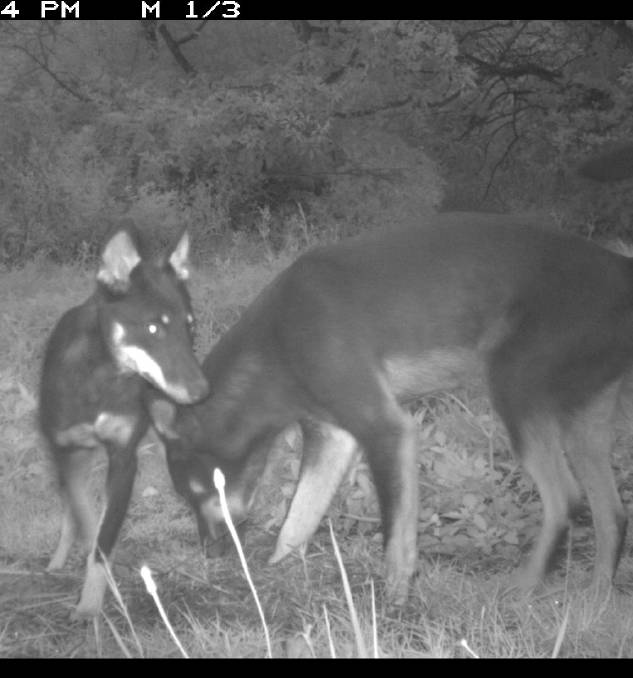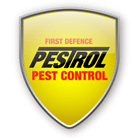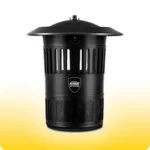Pestrol News: Pest Control Commentary, July 2016

In this post, we’ll be looking at some of the most significant news stories from various web sources related to pests and pest control in Australia over the past month.
Autumn is coming!
 The North Coast Land Services (NCLLS) is putting plans into place to address wild dog population problems in preparation for the autumn breeding season. Wild dogs are serious pests in Australia as they attack native animals and livestock, carry the threat of spreading diseases and threaten human wellbeing and safety.
The North Coast Land Services (NCLLS) is putting plans into place to address wild dog population problems in preparation for the autumn breeding season. Wild dogs are serious pests in Australia as they attack native animals and livestock, carry the threat of spreading diseases and threaten human wellbeing and safety.
The NCLLS is providing support to landholders with a range of control solutions including trapping, baiting and using technology to monitor these stubborn pests. The organisation figures that only a coordinated approach involving all landholders will bear fruit as wild dogs know no human boundaries.
(Source and image: http://www.nambuccaguardian.com.au/story/4028116/local-landholders-put-the-bite-on-wild-dogs/?cs=729)
Elsewhere in the Southern Downs, the regional council is partnering with Ninox Robotics (an Australian Tech company) to use drones for pest animal control. The use of drones will enable the detection of feral animals over vast inaccessible areas to enhance the efficiency of wide scale pest control such as shooting and baiting.
(Source: http://www.warwickdailynews.com.au/news/council-use-drones-fight-against-regions-pests/3049627/)
Related products: https://www.pestrol.com.au/pest-animals/outside/dogs.html
Your home’s history
Queensland is reviewing its property disclosure laws which will require property sellers to disclose all information regarding the property before it changes hands.
Some of the information that will be included in the disclosure include building reports, information on previous owners, previous use, pest control information and more. This will help buyers make a more informed decision on whether or not to buy the property and provides something to leverage when bargaining for a better price.
With the pest control information, you can take precautions such as inspecting the premises for any leftover pests before moving in.
(Source: http://www.4bc.com.au/radio/homes-with-a-past-20160630-gpvt00)
Controlling cane toads
Rob Capon, a professor at the University of Queensland, together with his team have developed a new way of controlling cane toads.
The method involves capturing adult cane toads and extracting their pheromones for use as bait for toad tadpoles. As a way of eliminating competition, tadpoles track down (by sensing toad toxins) eggs of their own species and eat them. Capon’s team is using these chemicals (extracted from adult cane toads) to lure tadpoles into traps for control.
The professor is asking anyone with access to a large number of toads to freeze them and ship them to him for extraction of the chemical to be used as bait.
Capon reckons a reduction in the population of the cane toad (an animal proven to reduce the biodiversity of the area it colonises) will help smaller animals such as fish, nesting birds and frogs come back to the area thus rehabilitating the environment.
View our pest control product range > займ на карту сбербанконлайн займ круглосуточнозайм легко




 Mosquito Traps
Mosquito Traps